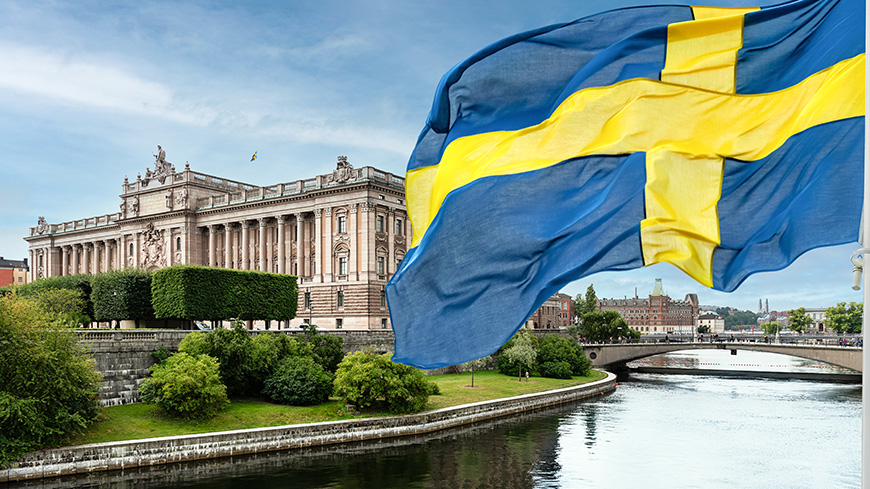The Council of Europe’s Group of Experts on Action against Trafficking in Human Beings (GRETA) has published today its third evaluation report on Sweden, with a thematic focus on human trafficking victims’ access to justice and effective remedies.
The report assesses developments since the publication of GRETA’s second evaluation report in 2018 on the implementation of the Council of Europe Convention on Action against Trafficking in Human Beings. GRETA welcomes changes made to the legislative and institutional framework for combating human trafficking, including the increased number of specialised prosecutors and the existence of anti-trafficking units in the police,
However, GRETA urges Sweden to take further steps to improve the identification of victims of trafficking in human beings, including by ensuring that the formal identification of victims of trafficking is not made conditional on their co-operation in the investigation and criminal proceedings. GRETA stresses that victims who are afraid to talk to the police because of being in an irregular situation and fearing deportation should not be left in limbo with regard to their status and access to support.
In addition, GRETA urges the Swedish authorities to ensure a more effective identification of child victims of trafficking, and to address the disappearance of presumed child victims of trafficking from accommodation centres.
GRETA is concerned by the low number of prosecutions and convictions in human trafficking cases in Sweden, including the near absence of convictions for trafficking for the purpose of labour exploitation, and urges the authorities to allocate sufficient human and financial resources to the police and prosecution services. While welcoming the adoption of the Prosecutor General’s guidelines on the non-punishment of victims of trafficking for offences they were compelled to commit, GRETA is concerned by the limited scope of the guidelines and the fact that the non-punishment principle does not appear to be consistently applied in practice.
Moreover, GRETA considers that the Swedish authorities should make additional efforts to guarantee trafficking victims’ access to effective legal assistance and free legal aid, provided by specialised lawyers. The authorities are also asked to make additional efforts to guarantee access to compensation for victims of trafficking, including by improving the capacity of law enforcement officers to locate assets or income of perpetrators.
Sweden remains predominantly a country of destination for victims of trafficking in human beings. The number of presumed and identified victims of THB has steadily increased from 262 victims in 2018 to 375 in 2022. While the majority of identified adult victims were women, the number of male victims has increased each year, from 42 in 2018 to 116 in 2022. Children represented some 15% of the identified victims. The predominant form of exploitation was sexual exploitation, followed by labour exploitation, forced begging and forced criminality.
The Group of Experts on Action against Trafficking in Human Beings (GRETA) is an independent body which monitors the way countries implement the Council of Europe Convention on Action against Trafficking in Human Beings. All member states of the Council of Europe are bound by the Convention, as well as non-member states Belarus and Israel.




